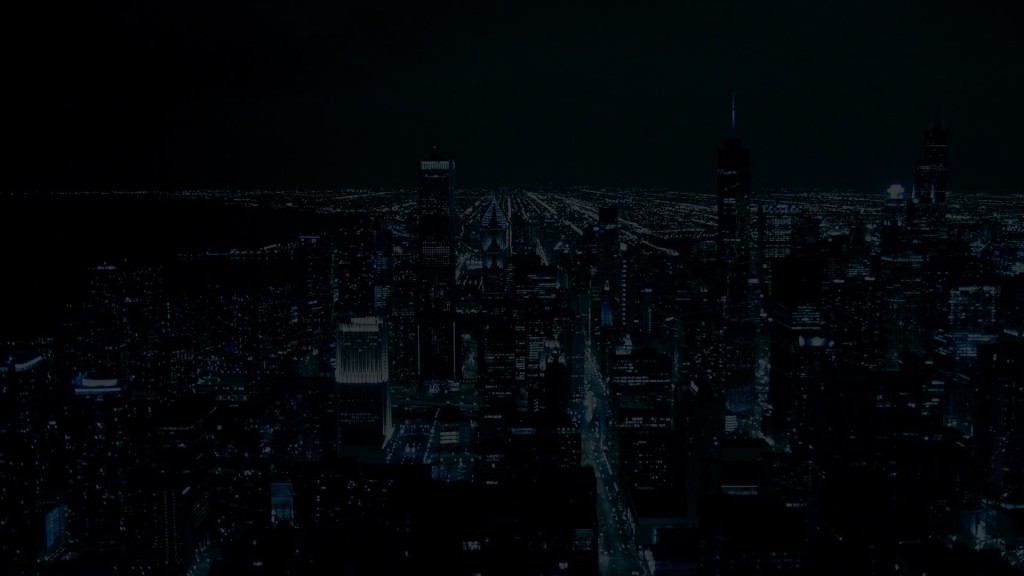By James Ellis
In a previous post, I suggested that strategy was the achievement of our intended purpose in a given context. Strategies can’t be plans or just “smarter thinking” because that relies too much on a specific context. Context changes every second, so a plan that relies on it is doomed.
However, achieving an intention is a vague and perhaps even dubious sentence. It’s all well and good to say you’ll achieve an intention when you don’t have to say how. That’s where tactics come in.
The word “intention” is probably the most important because it allows you to align all your tactics to help you achieve that goal. Or, more interestingly, all your reports to determine the right tactics on their own.
We live in a world where you might have access to a digital specialist, a media specialist (a digital media specialist, maybe), a social specialist, a content specialist, an even specialist and a PR specialist. This world exists because each one of those ideas is a full-time gig requiring a lot of specialized knowledge. No one person can do it all. Not even you. So you need to lean on these experts to help you achieve your intention.
But you can’t just tell these specialists what to do. Remember, they know their jobs better than you know their jobs (that’s why you pay them). So you have to help them understand your intention (strategy) so they can build out tactics.
This feels scary. You are entrusting others to achieve execute strategy. But thatÂs the only way to achieve your success in the face of such a specialized world with so many interconnected moving pieces.
Why do this instead of just getting them all in a room so you can make a plan? When, aside from the sheer cost of that meeting, that plan will be almost impossible to implement. Remember, your own staff will constitute your context. Implementing a media plan will change the context and affect the plan. Even if you can lay all those moving pieces out, what are the odds that they all execute perfectly? What happens when your live event gets pre-empted or changed because of forces outside of your control? That might render your own plans worthless or even counter-productive.
Managing the strategy still gives you a higher-level view of the situation. You can see that things are shifting and relay information to the rest of the team.
You can’t rely on planning for every contingency because you will never anticipate them all. Instead, focus on your intent, relaying it to your staff, and let them make decisions. They are your experts. A plan locks players in place, without giving them the flexibility to deflect losses or take advantage of unforeseen opportunities. For example, when your social expert sees an opportunity to newsjack a story and build more buzz, You can’t have built a plan around that. And you’ll have to react quickly to take advantage of the opportunity, so bringing the full team together to change the plan around will be the same as throwing money away.
This is why building your team is crucial. Your job isn’t to do their job. Your job is to help them achieve your goal.
